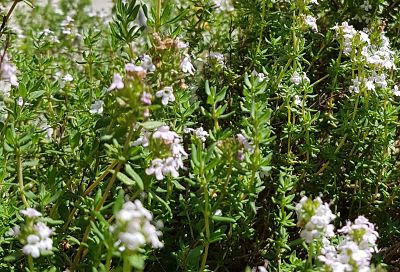 Last night, as I was busy catching up on emails, the whole room gradually filled with a warm glow and I was drawn to look out of the window where I was greeted by a beautiful sunset. I knew that I only had a few minutes before I was due to start an online Alexander lesson with my friend in Australia – and I found that I was feeling rather rushed and slightly frustrated that I ‘didn’t have any time at all’ to enjoy the sunset. And then I remembered that these feelings were just as much a result of my habits, as to the actual reality of chronological time. I did have time to pause and admire the sunset for a few moments (and even to take this photo) – but I needed to allow myself that time and not let my mind go racing ahead as usual.
Last night, as I was busy catching up on emails, the whole room gradually filled with a warm glow and I was drawn to look out of the window where I was greeted by a beautiful sunset. I knew that I only had a few minutes before I was due to start an online Alexander lesson with my friend in Australia – and I found that I was feeling rather rushed and slightly frustrated that I ‘didn’t have any time at all’ to enjoy the sunset. And then I remembered that these feelings were just as much a result of my habits, as to the actual reality of chronological time. I did have time to pause and admire the sunset for a few moments (and even to take this photo) – but I needed to allow myself that time and not let my mind go racing ahead as usual.
How difficult it is to ‘take time’. If we’re used to leading a busy life, we’re likely to live in a permanent state of feelings of never having enough time. When we think of the notion of ‘having time’, it is usually with a thought to a holiday, or perhaps the weekend, when we’ll have oodles of imaginary time. It’s all a bit of an illusion.
That’s certainly my life experience and still one of my dominant thinking/feeling traits. We feel like we’re always racing to keep up and never ‘in control’, and it can lead to a lot of stress. Although I haven’t completely escaped the grips of my attitudes, honed over a lifetime, their power has greatly lessened through my experience of the Alexander Technique.
The beauty of this deeply practical method is that it brings a real sense of more time into our daily lives. This goes along with a greater sense of embodiment – you really can’t separate the two. So whether the day is jam packed or less so, there is always space within, if we can allow it. During a busy day, it takes just a split second to stop and bring your awareness back to yourself in the present moment – and your sense of time expands. Such a simple thing but the effects on how we feel are profound.
It takes a lot of practice to build up the skill of being able to give oneself such moments of time to become present (gradually these moments tend to coalesce into a more general sense of self awareness and spaciousness). Whenever we can give ourselves such time, there is literally more breathing space.
There is a lovely passage in one of the late Walter Carrington’s books where he describes a military riding instructor teaching his cadets to not immediately react when he gave an order but instead to say to themselves ‘I have time’. This precious moment of stopping by each individual, led the group as a whole to be able to enact beautifully coordinated responses to any command.1
 A few years ago, when a friend asked me what I wanted for my birthday I said that I didn’t need anything and that all I really wanted was more time. I still have the beautiful thyme plant that she gave me and, whenever I look at it, I’m reminded to make myself a moment of time.
A few years ago, when a friend asked me what I wanted for my birthday I said that I didn’t need anything and that all I really wanted was more time. I still have the beautiful thyme plant that she gave me and, whenever I look at it, I’m reminded to make myself a moment of time.
- Walter Carrington Thinking Aloud 2002. Edited by Jerry Sontag. Mornum Time Press